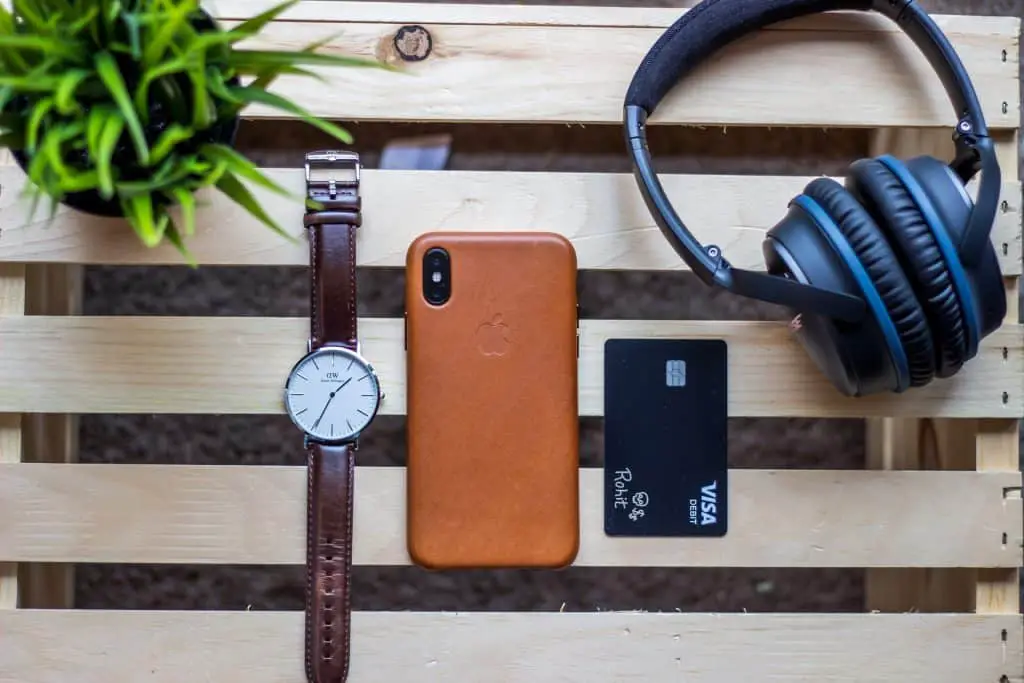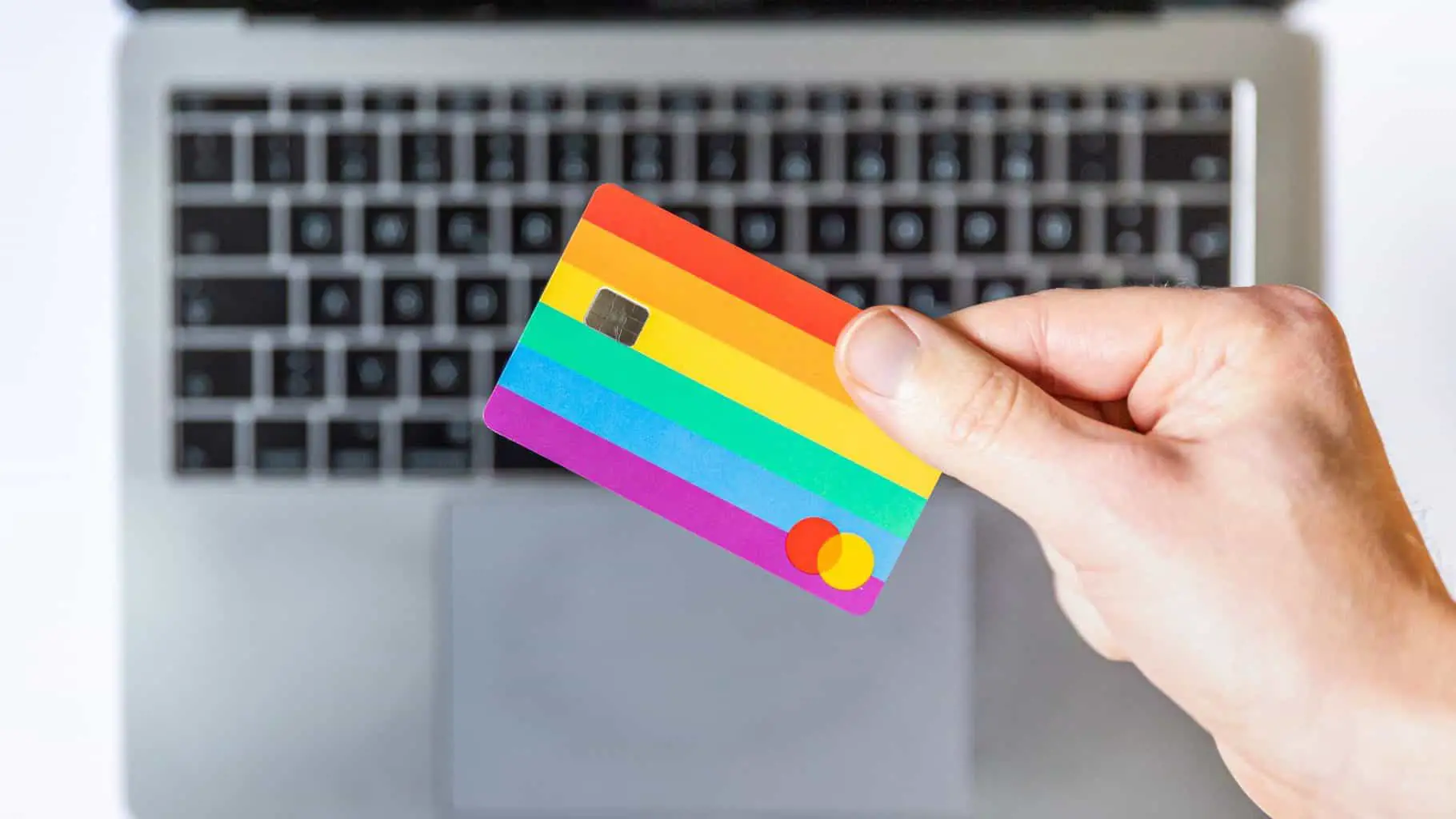Accessing cheaper sources of borrowing can be challenging for many digital nomads without a permanent base or an established income. Hence the temptation to swipe a credit card can be higher, especially when funds are low. Once in a cycle of credit card debt, digital nomads can be in a similar (if not worse) financial stress to everyone else.
In my twenties, I had poor financial habits and used credit cards excessively, among other debt. Eventually, I decided to actively pay them off and save some money, while employed full-time. I learned my lessons the hard way after incurring unnecessary financial costs, on top of the stress. So, I’ve compiled some pointers on how to avoid accumulating credit card debt as aspiring and current digital nomads and location-independent workers.
Before you become a digital nomad
Settle any outstanding credit card debt.
It’s easier to pay off debt while employed or with a regular income. Consider all options from reducing expenses to getting a second job, to pay off any balances on your credit cards. Having high-cost debt repayments while trying to establish and grow an income as a digital nomad can be incredibly stressful.
Save some money and develop a budget.
Have a sufficient financial buffer to aid while you establish yourself as a digital nomad, and for any emergencies that may happen. The extra cash will help avoid unnecessary credit card usage. The amount of savings you need will vary based on the locations you choose and your lifestyle.
Develop a budget based on your requirements. Plan for expenses such as health and travel insurance in advance to eliminate some of the possible emergency costs.
Develop healthy credit card habits.
Practice using your credit cards efficiently, including maximizing rewards and paying outstanding balances in full, ahead of becoming a digital nomad. It’s easier to continue a habit once it becomes a way of life. Remember that efficient use of credit cards won’t be the only habit or change you’ll need to make in your new lifestyle. So, do what you can ahead of time.
Find the best credit card for your lifestyle.
Consider all your requirements as a digital nomad before choosing a credit card. Your focus may be reward points, frequent flyer miles, travel insurance, or low fees, among others. Compare the credit cards in the market with your existing credit cards and choose the best ones for your needs.
Try not to have more credit cards than you absolutely need. Ensure to read the terms and conditions before committing to a credit card, to avoid surprises later.

After you become a digital nomad
Rethink before using credit cards.
Consider whether you can pay for the item or service with the cash you have in the bank as of today. If not, you may be overstretching yourself financially. How much would you spend if you did not have a credit card? Will you be able to pay off the balance comfortably by the due date? It may be tempting to buy now and work out how to pay later, especially if you have a guaranteed income. However, the ongoing pandemic has shown us how volatile the economic environment can be. Hence, it’s always better to be careful.
What happens when funds are low?
Be extra cautious when your funds are low because the natural inclination may be to tap into the plastic! If you really need extra funds, consider alternative forms of low-cost borrowing that you may have access to. There may be a friend or a family member who could help you with the emergency, or until you get through the difficult time. Make every effort to avoid high-cost debt, especially cash advances on credit cards.
Consider what changes you can make in your current lifestyle until your income and funds return to a healthy level. You could relocate to a cheaper country or area, reduce your outings, find cheaper accommodation and coworking places, get free accommodation in exchange for work, etc. As a digital nomad, you can be flexible on where and how you choose to live and work.
Explore all ways of increasing your cash inflows beyond your current income-generating activities, including extra online assignments or jobs, and selling any items you may not need.
If after exploring all possible alternatives you still must use a credit card, then list the expenses that you can eliminate in the coming months until your current spend is paid off. Often, there’ll be some expenses you can go without for a short while.
Find ways to avoid temptation.
Maybe you feel tempted during a night out to buy a few more drinks on a credit card, or maybe you feel the urge to splash on some new clothes when walking through a shopping district. I personally had the latter problem back in the day. If your will power is running low, consider carrying the amount of cash you need for the day. Not taking your cards around regularly is also a good way to avoid losing them.
If you are struggling with self-discipline, consider a pre-paid cash card instead. Credit cards are valuable tools only if used efficiently. If not, you may be better off without them.
Routinely re-evaluate your budget.
Once you are in a particular location, you’ll have a clearer idea of your exact expenses vs the budget you developed ahead of becoming a digital nomad. Remember to routinely update your budget. This would highlight any areas where you are spending excessively and help reduce some costs.
Even if your income increases, try not to increase your expenses parallelly. If you have extra cash coming in, direct them to your emergency fund or any other investments.
Don’t forget credit card payments.
It’s easy to miss a payment date when moving around, or you could be across the International Date Line and be around a day behind the country of your bank. Consider an automatic direct debit, or schedule the payment dates in your calendar, to avoid unnecessary late payment fees. Make every effort to pay your balances in full each cycle.
Remember, uncertainty is very real in today’s world, especially with the ongoing covid-19 pandemic. So, plan and stay away from credit card debt. Your digital nomad journey will be far more enjoyable and fulfilling without unnecessary financial strain.
Disclaimer: This article is for general information purposes only and does not constitute any financial advice or financial planning advice.







Leave a reply